Dental implants remain the best solution for replacing a missing, partially, or wholly toothless tooth. However, they can be expensive for some patients or unsuitable for medical reasons. There are alternatives, but choosing the most suitable prosthetic solution is crucial.
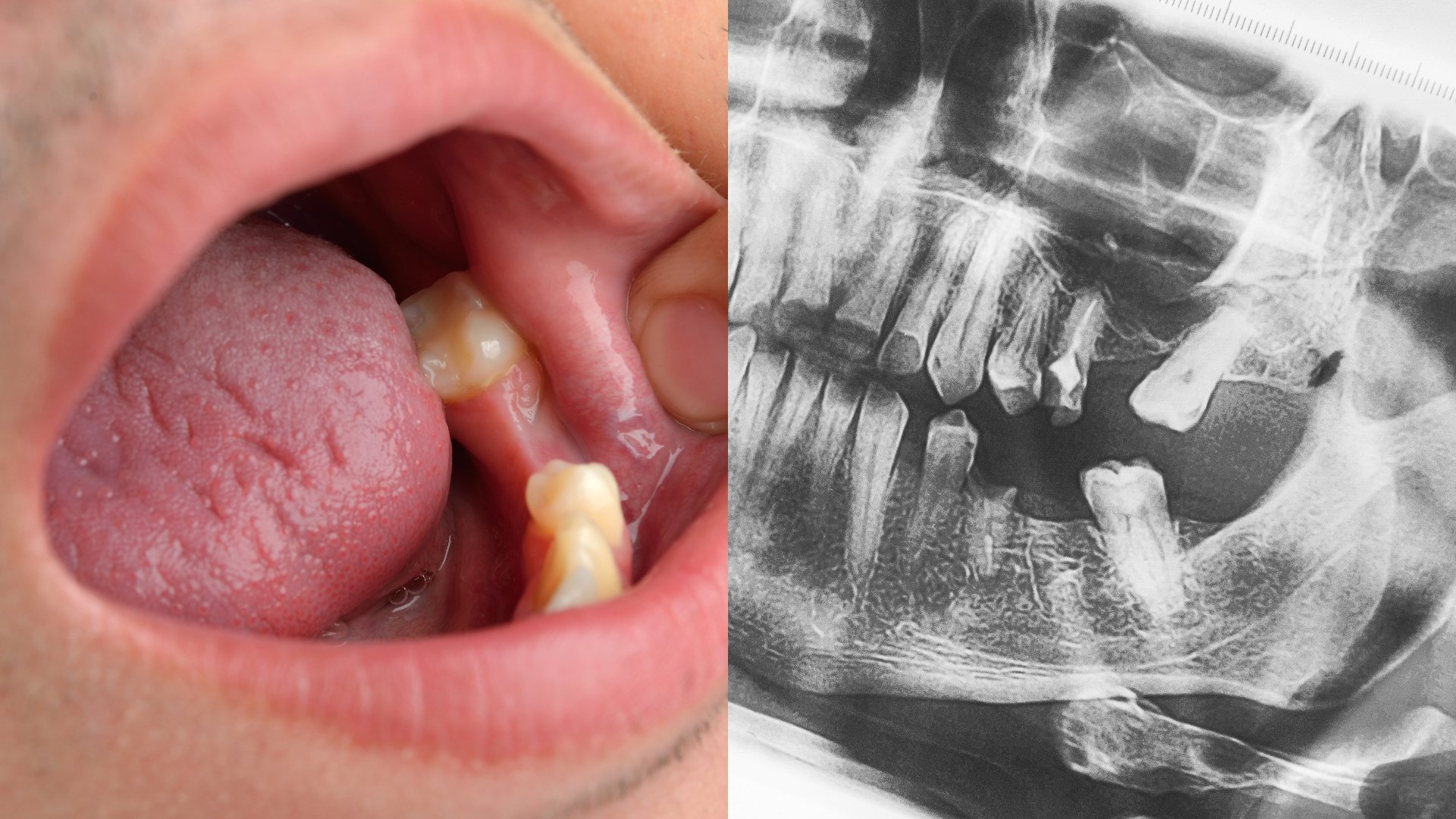
Why have a dental implant?
When a tooth is broken, worn or damaged, or partial or total edentulism (genetic or bone disease, poor oral hygiene, accident, etc.), filling the gap and fitting a dental prosthesis is important. In this case, in addition to the aesthetic and chewing discomfort caused by the absence of teeth, the gums and bones may shrink because they are no longer used. A dental implant is the most solid and durable solution if the patient has a healthy and sufficiently thick bone base. The implant, usually made of titanium (a biocompatible material), is screwed into the bone and serves as the base for a monolithic ceramic crown, which is screwed onto the implant and provides the function, shape and aesthetics of the original tooth. When several or all of the upper or lower teeth need to be replaced, several dental implants can support a partial or full fixed prosthesis, such as an All-On-6 or All-On-4.
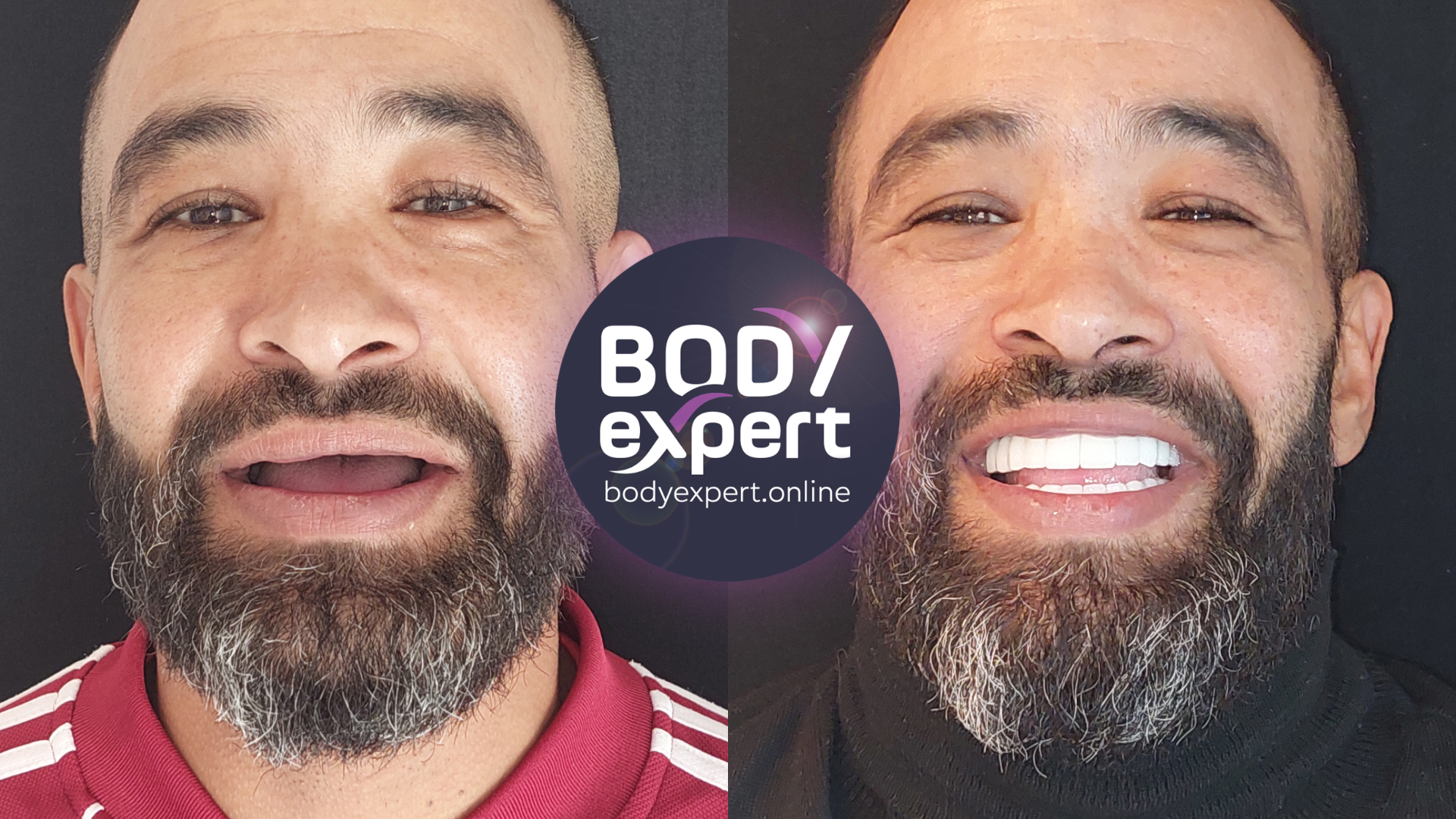
However, dental implants remain expensive for many patients, especially as the NHS does not reimburse them. While some patients turn to dental tourism, having their treatment carried out abroad, particularly in Turkey, which can reduce their implant budget by 60 to 80%, others prefer to find a more economical alternative: unlike dental implants, dental crowns or removable dental prostheses are partially covered by the National Health Insurance.
Bone graft or sinus lift?
There may be other reasons why some patients do not opt for implantology: when they have insufficient bone mass for implant fixation and need to consider bone grafting or a sinus lift, the time constraints – they have to wait between 2 and 6 months between the bone grafting operation and implantology, and then another two to three months for the implant to osseointegrate into the jawbone – may discourage them. Similarly, as Social Security does not generally reimburse bone grafting, financial constraints can also dissuade patients. However, thanks to medical advances, bone grafting and sinus lifts are now very common dental surgery procedures, which are generally successful. Moreover, they can easily be carried out during a dental trip, with savings of 60 to 80% compared with prices in France or Belgium.
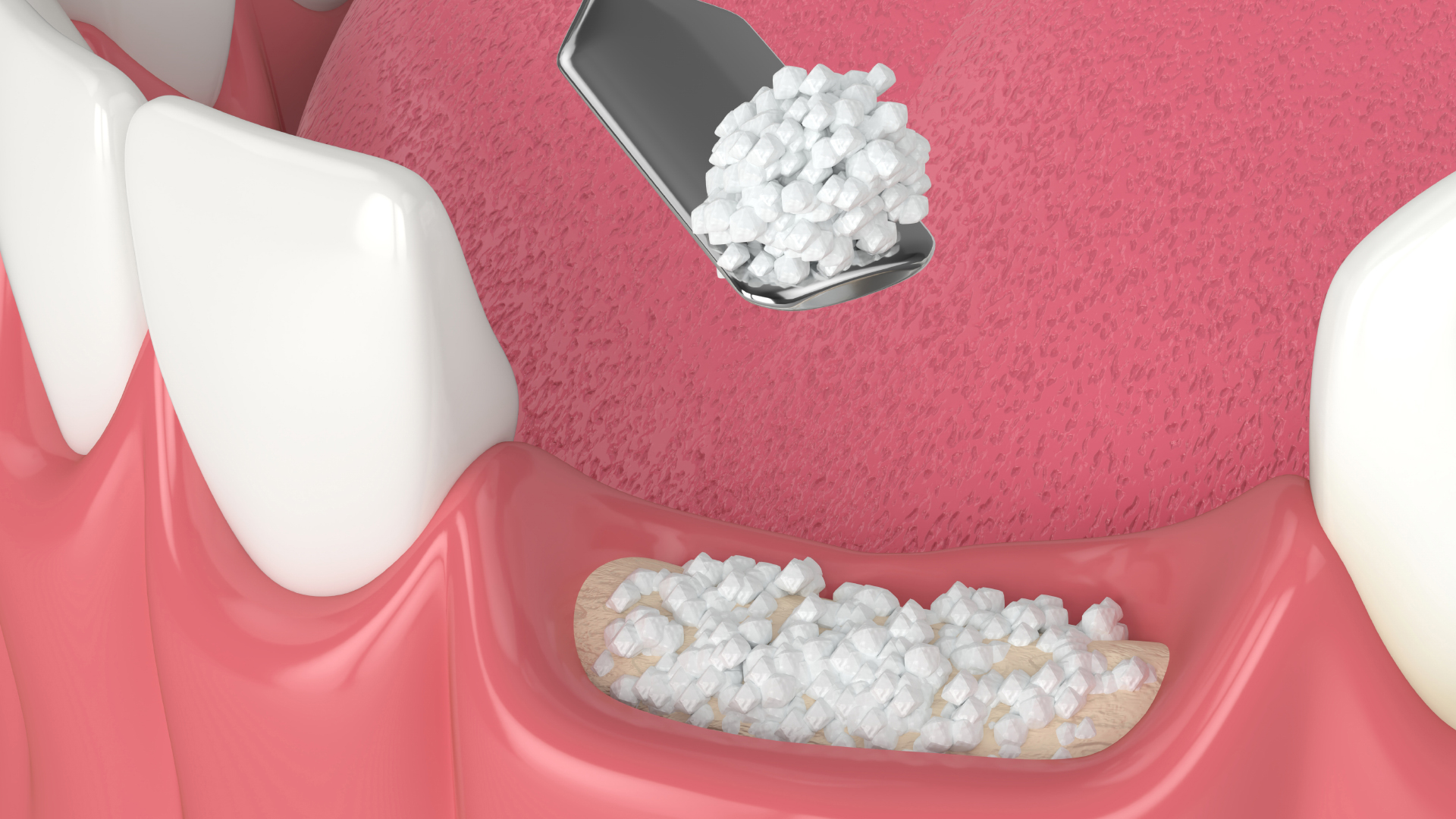
Contraindications to implantology
Specific cardiovascular pathologies may make implantology impossible: severe cardiac insufficiency (cardiomyopathy, etc.), valvulopathy, heart attack occurring shortly before dental surgery, etc. In the case of cancer in progress or bone disease (osteoporosis), radiotherapeutic treatment, immunological disease and immunosuppressive medical treatments (congenital or acquired), or when the patient suffers from some psychiatric issues, implantology will not be recommended.
Specific contraindications to implant placement can be resolved if the patient is motivated: these include addiction to tobacco, alcohol or drugs, poor dental hygiene or uncontrolled or poorly monitored diabetes. In rare cases, some patients may also develop peri-implantitis, i.e. rejection of the implant by their body. Finally, dental surgeons will not prescribe implants in cases of bruxism, periodontal disease, or diseases of the oral mucosa or gums.
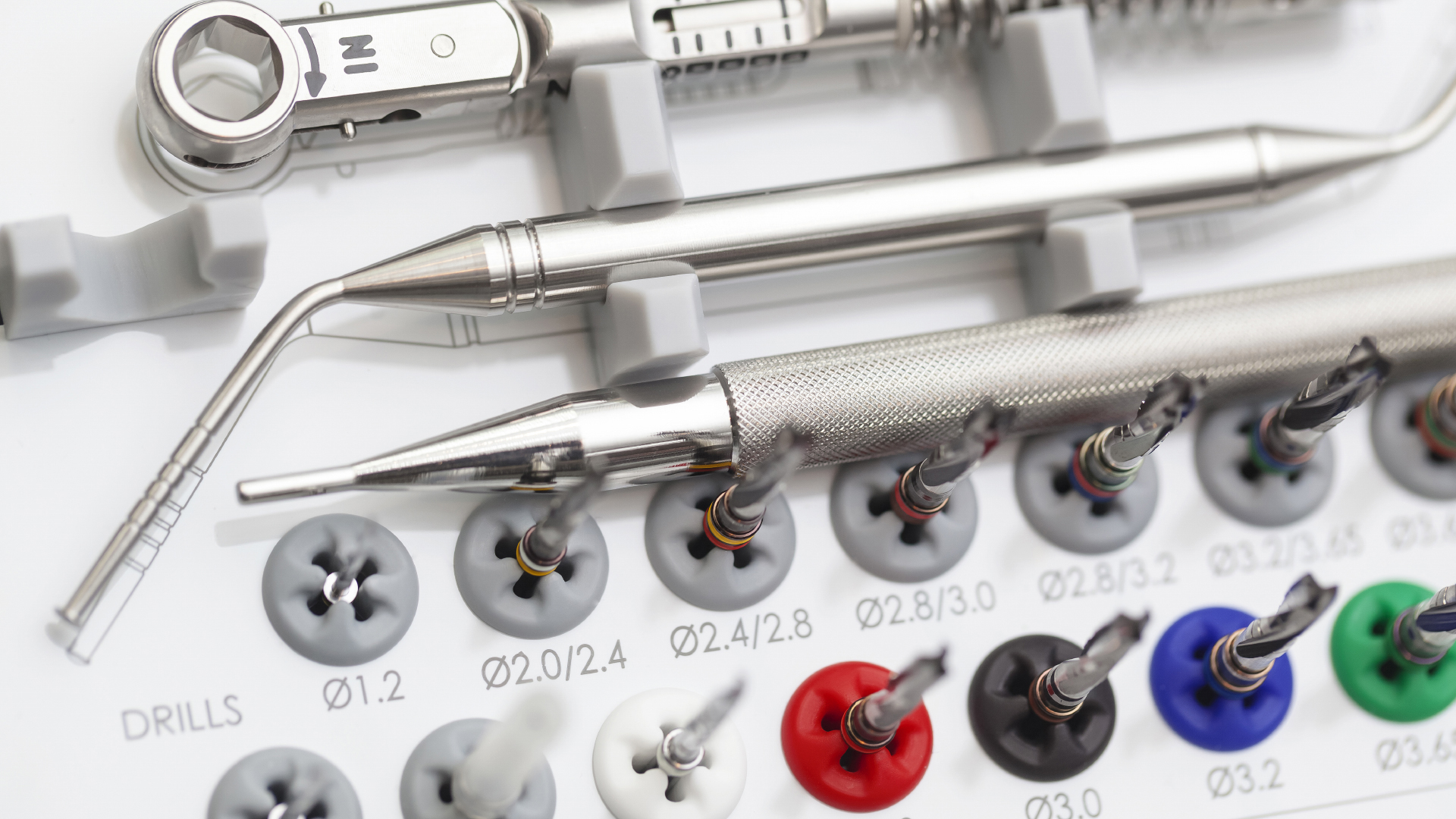
More economical alternatives to dental implants
While they have the advantage of being less expensive and partially covered by the NHS and an excellent mutual insurance policy, these alternative solutions are all less durable and less comfortable than dental implants.
Dental crowns
A dental crown is an artificial tooth made of ceramic, alloy or ceramometallic, providing a natural tooth’s function, shape and aesthetics. When the tooth is damaged, it will be cut to receive a pivot serving as a base for the crown. When the tooth is healthy, it will be cut to support the crown. Crowns can be fitted without risk at any age, enabling you to chew normally and smile more beautifully. The best denture crowns are made from monolithic zirconia ceramic with an Emax finish. Unlike metal-ceramic crowns, these are 100% ceramic, where only the outer layer is porcelain. This is the same type of crown that complements a dental implant by being fixed to the post screwed to the implant. The absence of a metal framework ensures better transparency, and the Emax zirconia finish offers excellent strength and perfect aesthetics. They last between 10 and 30 years if you choose the best brands and practice excellent oral hygiene.
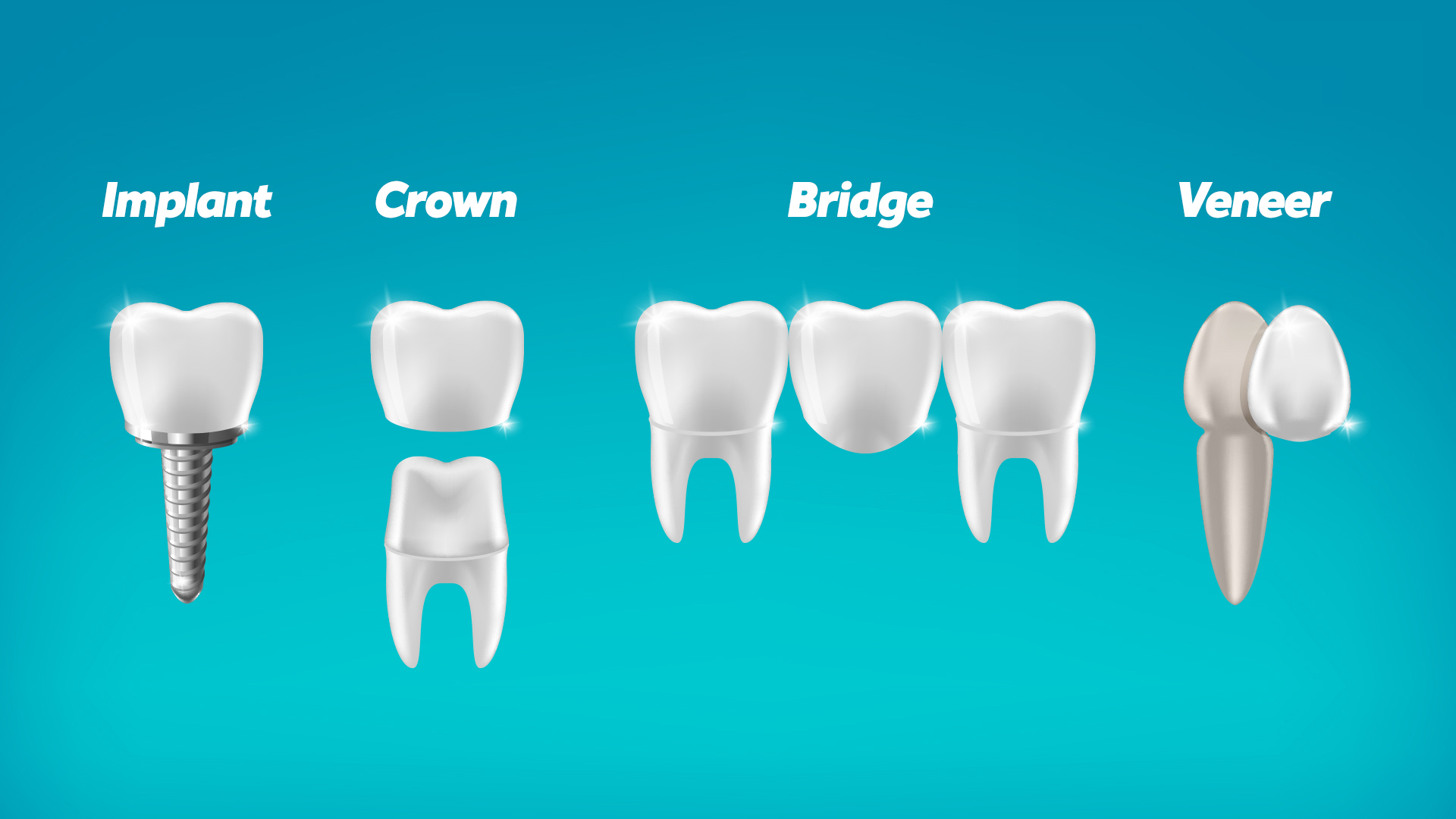
Inlays/Onlays
An Inlay-Onlay prosthesis is sufficient for a relatively undamaged tooth to fill cavities and restore the tooth. An Inlay is inserted inside the tooth, while an Onlay fills the outer surfaces of a tooth. Prescribed for molars and premolars, inlays and onlays used to be made of gold but are now made of ceramic or composite, offering much greater resistance and longevity than old fillings.
Partial removable dentures
When one or more teeth are missing, and their neighbours are damaged or weakened and require crowns after treatment, or when the presence of neighbouring implants limits solutions, a bridge on teeth will avoid the need for an implant to replace the missing tooth or teeth. This partial removable prosthesis restores an incomplete dentition by resting on the gums and healthy dentition and attaching to healthy neighbouring teeth with clasps. Manufactured with a gingival resin base that imitates the gums, into which the resin artificial teeth are integrated, these easy and quick-to-machine partial dentures are often chosen as transitional prostheses before implants are fitted. Resin has many disadvantages: it dries out the patient’s mouth, discolours quickly and breaks easily if dropped. On the other hand, a removable prosthesis with a metal frame, covered in pink resin and fitted with artificial teeth to fill the edentulous area, is more durable. Lightweight and easy to remove, it protects the gums and adjacent healthy teeth better. However, it does not last more than ten years, and the appliance remains fragile, breaking if it is dropped.
Complete removable dental prostheses.
An utterly removable prosthesis replaces a completely edentulous lower or upper jaw. At the top, the prosthesis rests on the palate and gums; at the bottom, it is held in place by a suction cup effect. Manufactured from metal mesh embedded in resin, they never last more than ten years.
Although the French health insurance system fully covers them and is easy to make and fit, fully removable dentures are very uncomfortable. Even if a precise mould of the mouth allows the prosthesis to be made to measure, the soft parts of the mouth are constantly changing, and the prosthesis can cause discomfort or even pain. Moreover, dentures cannot produce the same chewing force as bridges or implants. As well as being difficult to clean, dentures can interfere with the patient’s speech and sense of taste.

Dental Implants in Turkey: Quality Care at Affordable Prices
For the fitting of crowns or bridges without an implant or for removable dentures, the dental trip is not necessarily worthwhile, as they are generally covered by Social Security, partially or depending on the case. On the other hand, to replace a single tooth or a complete set of teeth, implant treatment becomes affordable without sacrificing quality by saving 60 to 80% on your dental bill!
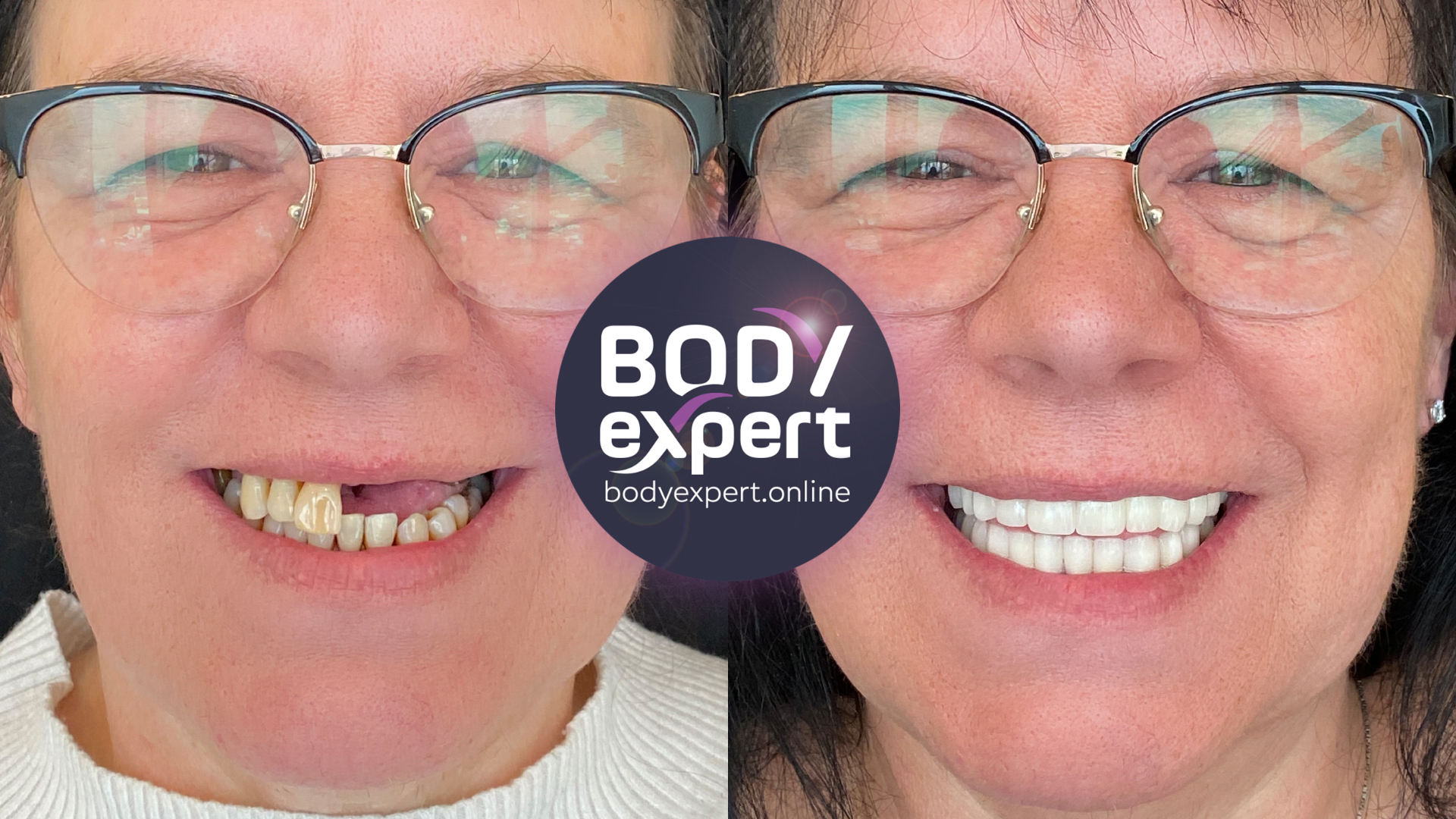
Istanbul, Turkey’s economic and cultural capital, is a medical tourism destination with an excellent reputation. Similarly, Antalya, on the Mediterranean coast, is a very popular destination for international clients wishing to combine seaside tourism and dental travel. The professionalism, experience, and reputation of its dentists, implantologists, and dental technicians, the quality of its dental clinics, and the use of cutting-edge materials in medical technology mean that you can be confident about having a dental prosthesis fitted. Not to mention the quality of the tourist infrastructure and the particularly warm welcome offered by the local people.
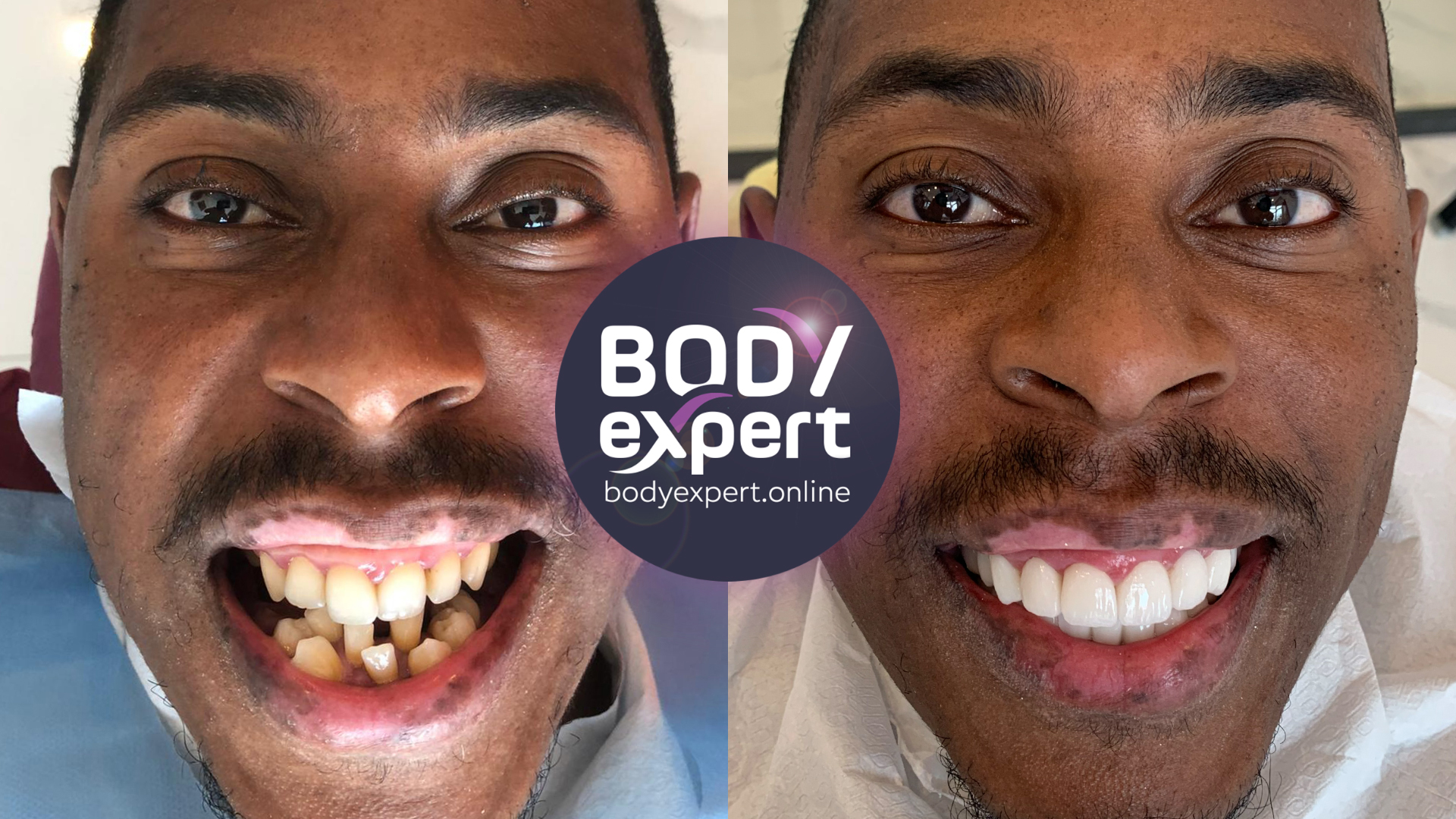
You provided that you prepare your trip well in advance by choosing a partner you can trust. With Body Expert, everything is meticulously organised: the constant presence of an accompanying translator, the quality of the medical facilities and the rigorous hygiene conditions put the patient in the best possible frame of mind. For fixed implant prostheses, two 3-day stays, at least two months apart, are necessary, but the difference in prices and the quality/price ratio mean that implants and top-of-the-range crowns can be fitted, even including plane tickets, accommodation and a 4 or 5-star hotel. In the event of a dispute, the law of the country concerned will prevail: make sure that the dental clinic offers all the necessary guarantees, including full coverage of costs in the event of post-operative problems. This is the case for all Body Expert’s partner dental clinics. This is borne out by the many patients who have come to have dental implants fitted in Turkey with Body Expert.

4808 vues
0 commentaires
0


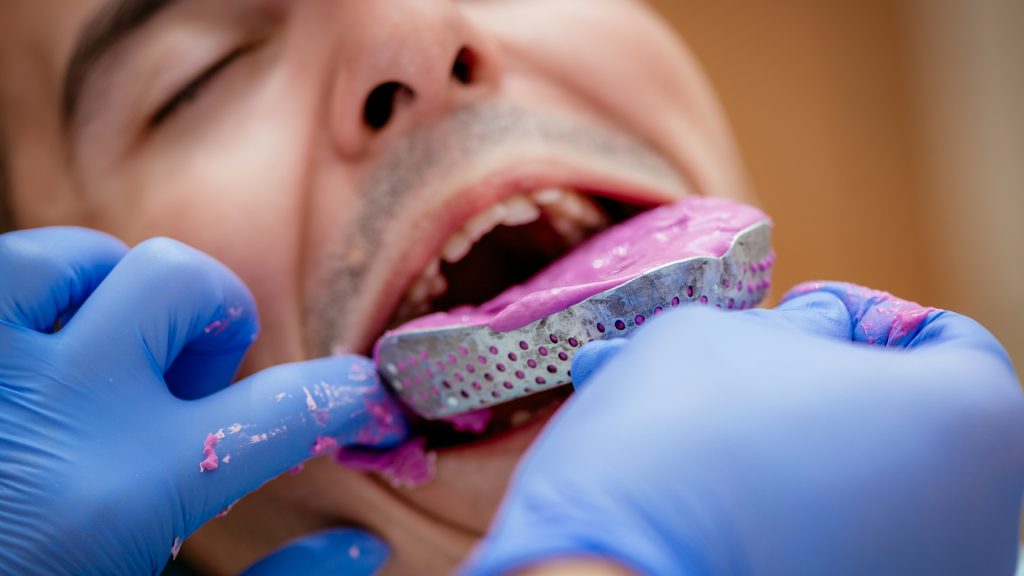
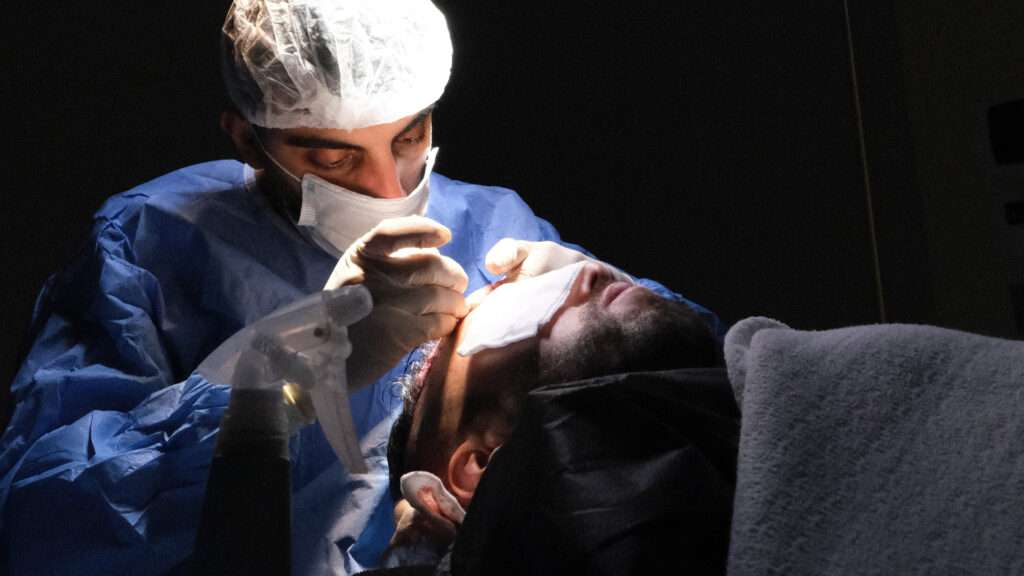

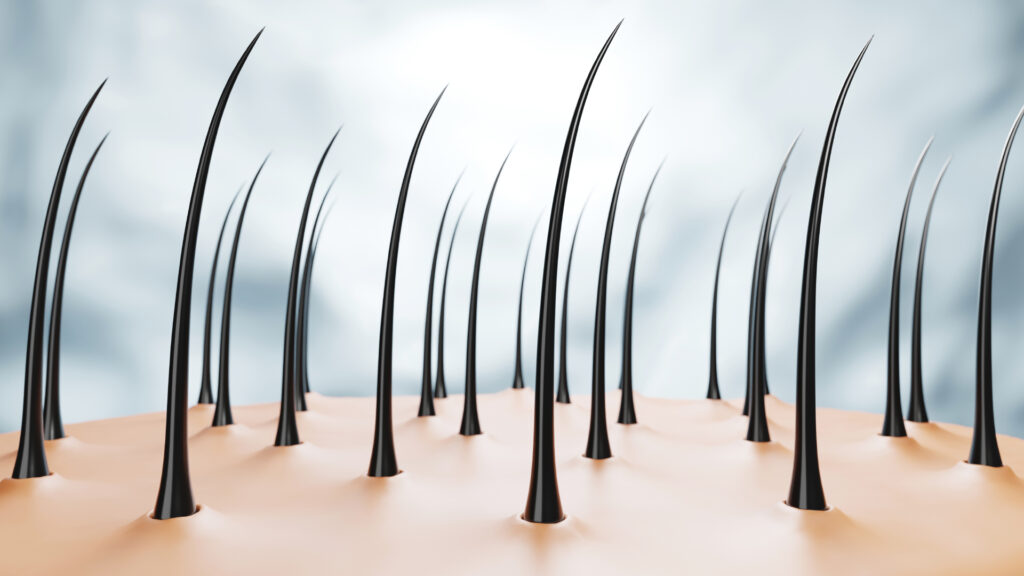
Il n'y a pas de commentaires pour le moment.